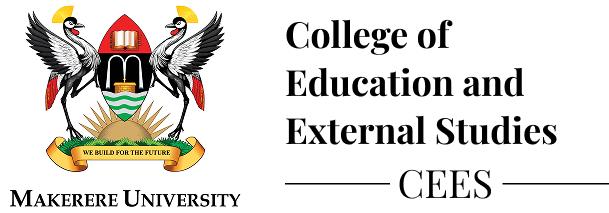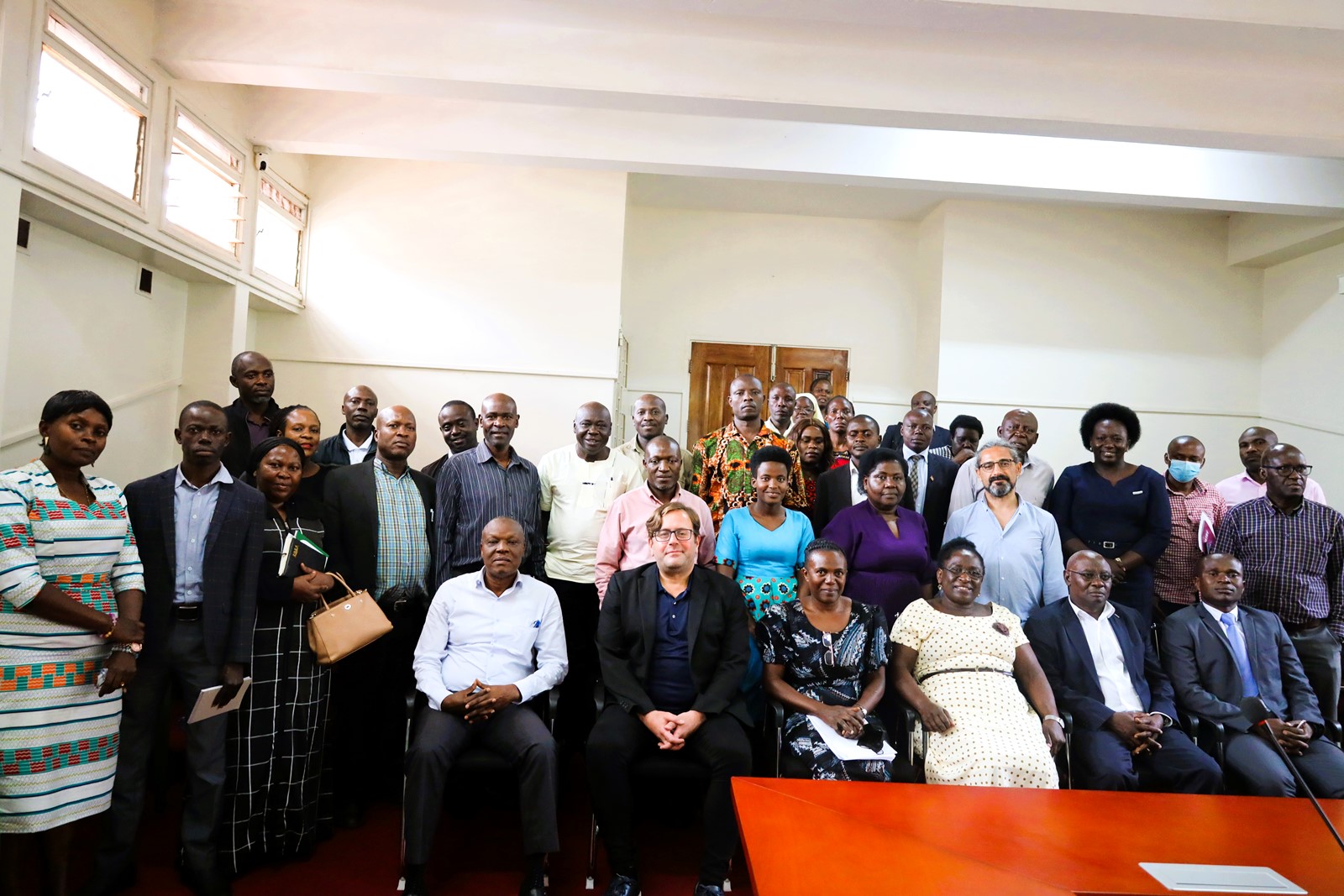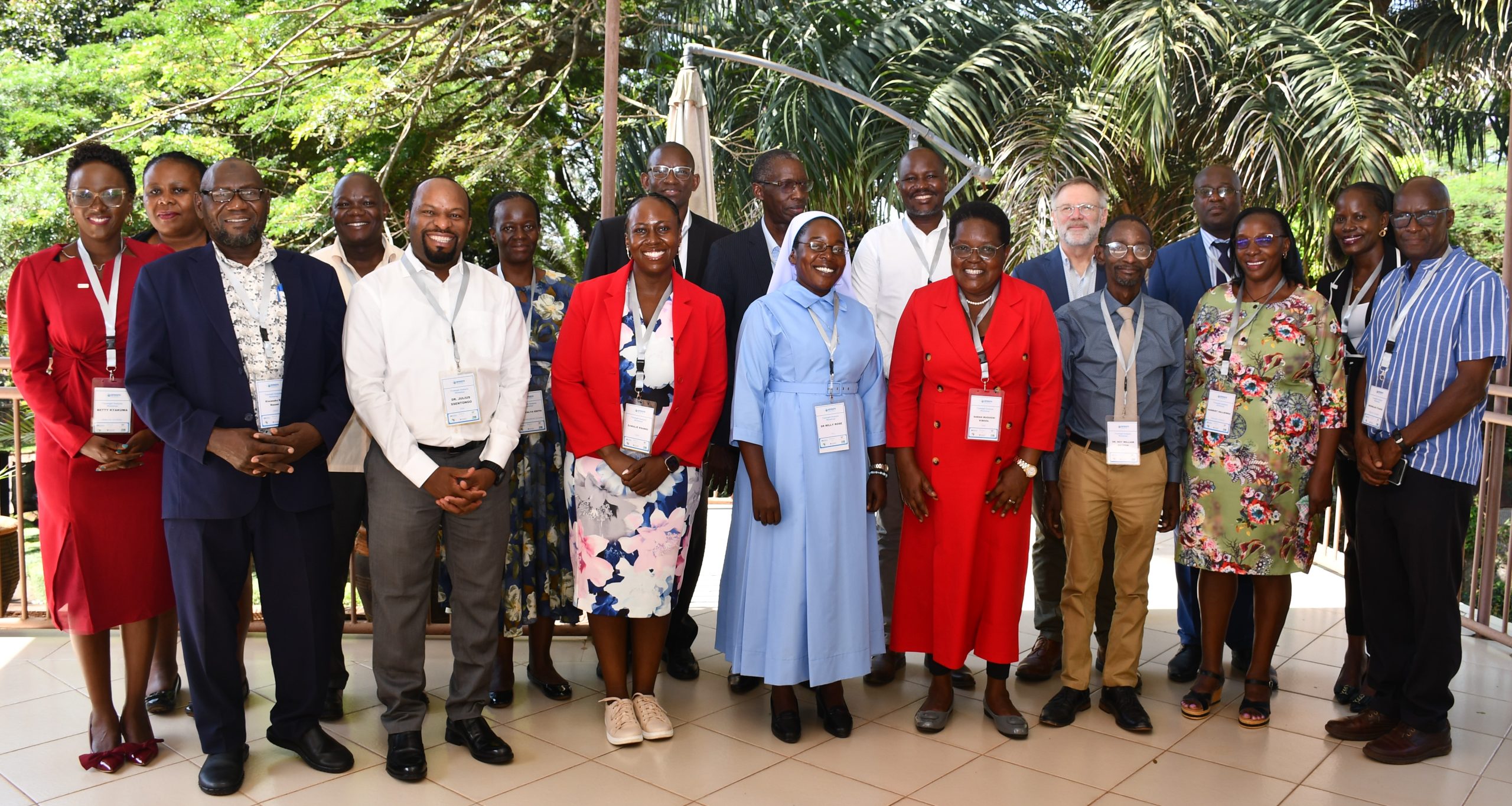The School of Education, Department of Languages at Makerere University, recently organized a highly impactful workshop aimed at enhancing the research skills of PhD students. The workshop, titled “Moving from Raw Data to Reporting Findings in Educational Research,” attracted over 40 doctoral candidates who are currently navigating the challenging terrain of academic research.
The event was graced by a distinguished panel of senior researchers who brought a wealth of knowledge and experience to the discussion. The panel included Dr. Leah Sikoyo, Dr. Reymick Oketch, Dr. Nambi Rebecca, Dr. Badru Musisi, Dr. Nicholas Itaaga, and Dr. Michael Gallagher, a Senior Lecturer in Digital Education from the University of Edinburgh.
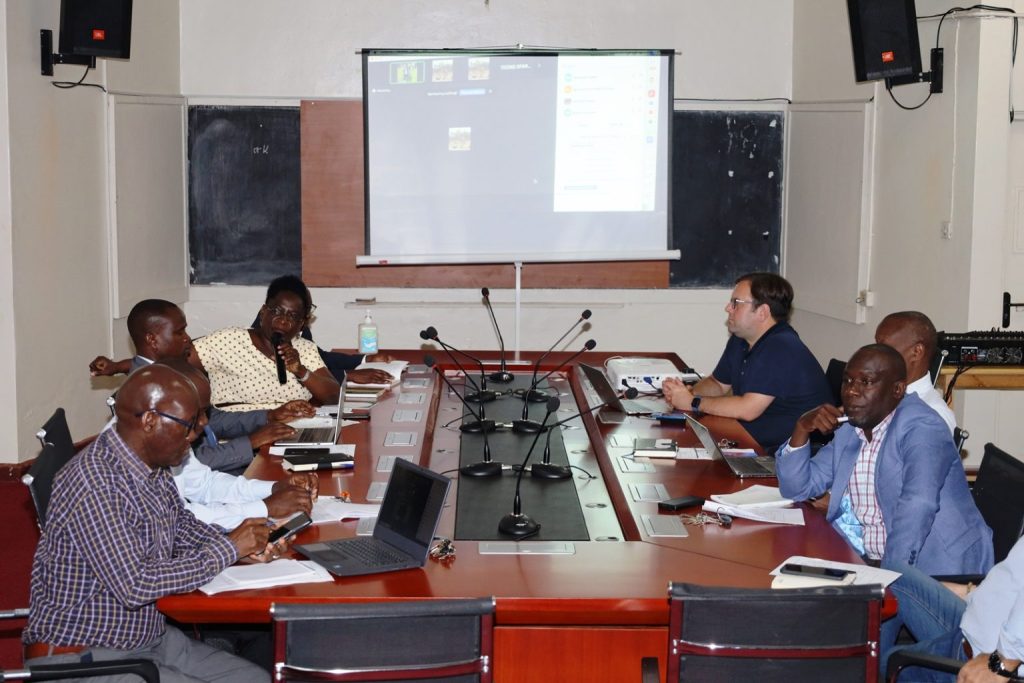
Theoretical Foundations in Research
A key point emphasized during the workshop was the importance of grounding research in a strong theoretical framework. The facilitators urged the PhD students to ensure that every piece of research draws from a relevant theory, which serves as a foundation for their study. “A theory is not just an academic requirement; it’s a lens through which you interpret your data and understand your findings,” said Dr. Leah Sikoyo, setting the tone for the day.
Navigating Research Methodologies
The workshop also delved deeply into the ongoing debate between quantitative and qualitative research methods. Dr. Sikoyo argued passionately that qualitative data collection is often more rigorous than its quantitative counterpart, as it requires a deep understanding of the context and the researcher’s ontological views must be clearly represented in the thesis. This approach ensures that the subjective nature of qualitative research is not lost, and that the findings truly reflect the nuanced realities of the study subjects.
On the other hand, Dr. Badru Musisi contributed to the discussion by distinguishing between mixed methods and multi-methods research. He explained that while mixed methods research combines qualitative and quantitative approaches in a single study, multi-methods research involves using multiple methods within the same research paradigm. “Understanding the distinction is crucial,” Dr. Musisi noted, “as it influences how you design your study and interpret your findings.”
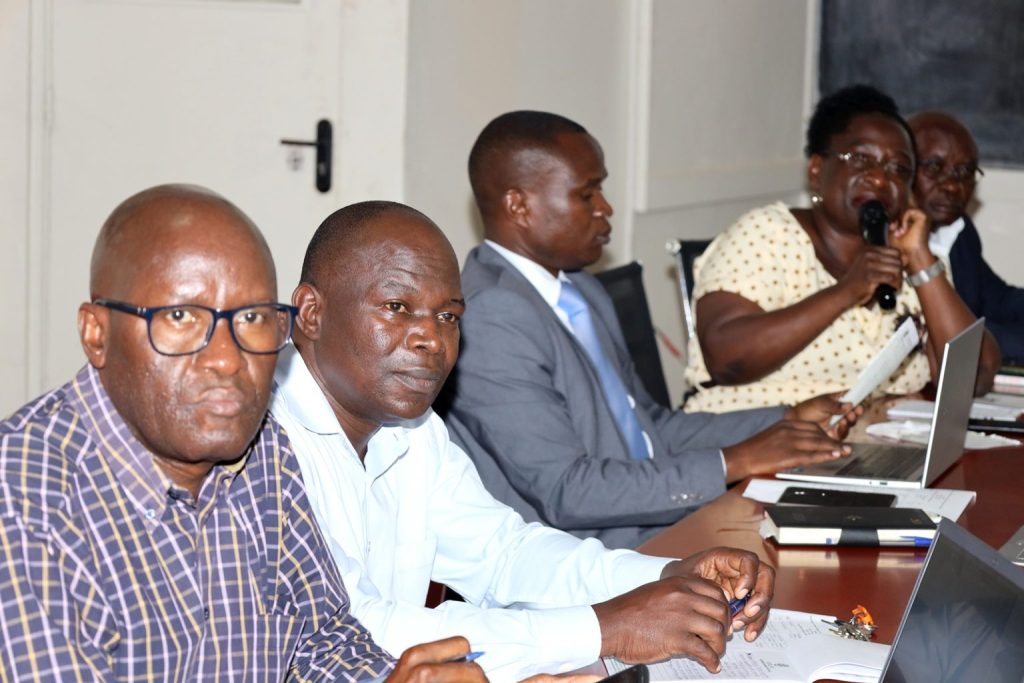
Adding to the discussion, Dr. Reymick Oketch emphasized the critical role of statistical methods in data analysis, particularly within quantitative research. He highlighted that statistical tools enable researchers to uncover patterns, test hypotheses, and draw conclusions with a high degree of precision. “Incorporating statistical methods into your research allows for a more rigorous analysis of data, providing results that are both reliable and valid,” Dr. Oketch explained. He encouraged students to develop a strong foundation in statistical analysis to enhance the quality of their research outcomes.
Reporting Research Findings
One of the workshop’s highlights was a session led by Dr. Michael Gallagher, who provided practical guidance on presenting research findings effectively. Dr. Gallagher emphasized that research findings should directly answer the research questions posed at the outset of the study. He advised students to draw clear connections between their findings and the themes that emerged during the data analysis, ensuring that their conclusions are firmly grounded in both their data and the existing literature.
Dr. Gallagher also underscored the importance of transparency in reporting research methods. “Be sure to mention all the methods you used to collect data,” he advised. “This not only adds credibility to your research but also provides a roadmap for others who may wish to replicate your study.” He further encouraged PhD students to be reflective in their analysis, openly acknowledging their motivations and biases. “Your thesis should reflect who you are as a researcher, including the lens through which you view your data,” he added.
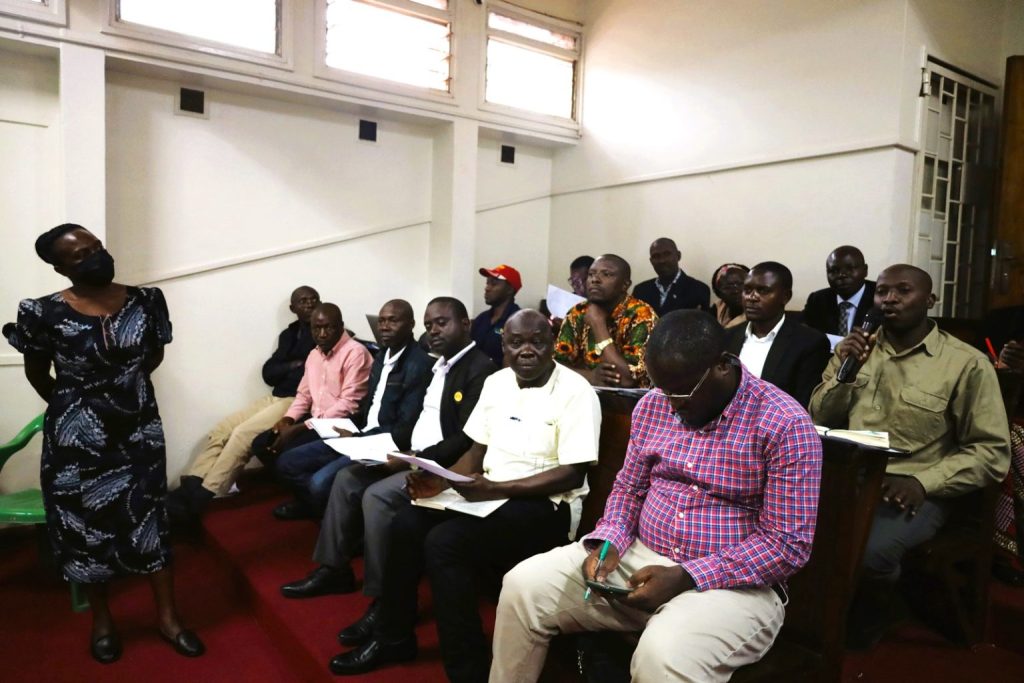
In a practical session, Dr. Nambi Rebecca introduced the students to a presentation model she code-named PEE—Point, Evidence, and Explanation. She explained that this model helps in structuring arguments logically and effectively. “Start with your Point, back it up with Evidence from your research, and then provide an Explanation that ties it all together,” Dr. Nambi advised. This approach, she noted, is especially useful when presenting complex research findings, as it ensures clarity and coherence in the delivery.
A Valuable Learning Experience
The workshop was lauded by participants for its practical focus and the opportunity to learn directly from seasoned researchers. “It was an eye-opening experience,” said one of the PhD students in attendance. “The insights shared will definitely shape how I approach my own research, especially in terms of grounding my work in theory and being more reflective in my analysis.”
As the event concluded, there was a palpable sense of empowerment among the PhD students, who left with a clearer understanding of how to navigate the complex journey from raw data to meaningful, well-reported research findings. The Department of Languages plans to continue offering such workshops to support the academic growth of its doctoral candidates, ensuring they are well-equipped to contribute to the field of educational research.
The School of Education’s commitment to fostering academic excellence and research rigor is evident through such initiatives. As the doctoral candidates move forward in their research endeavors, the lessons learned from this workshop will undoubtedly serve as a valuable guide, helping them to produce high-quality research that not only advances their academic careers but also contributes to the broader field of education.
